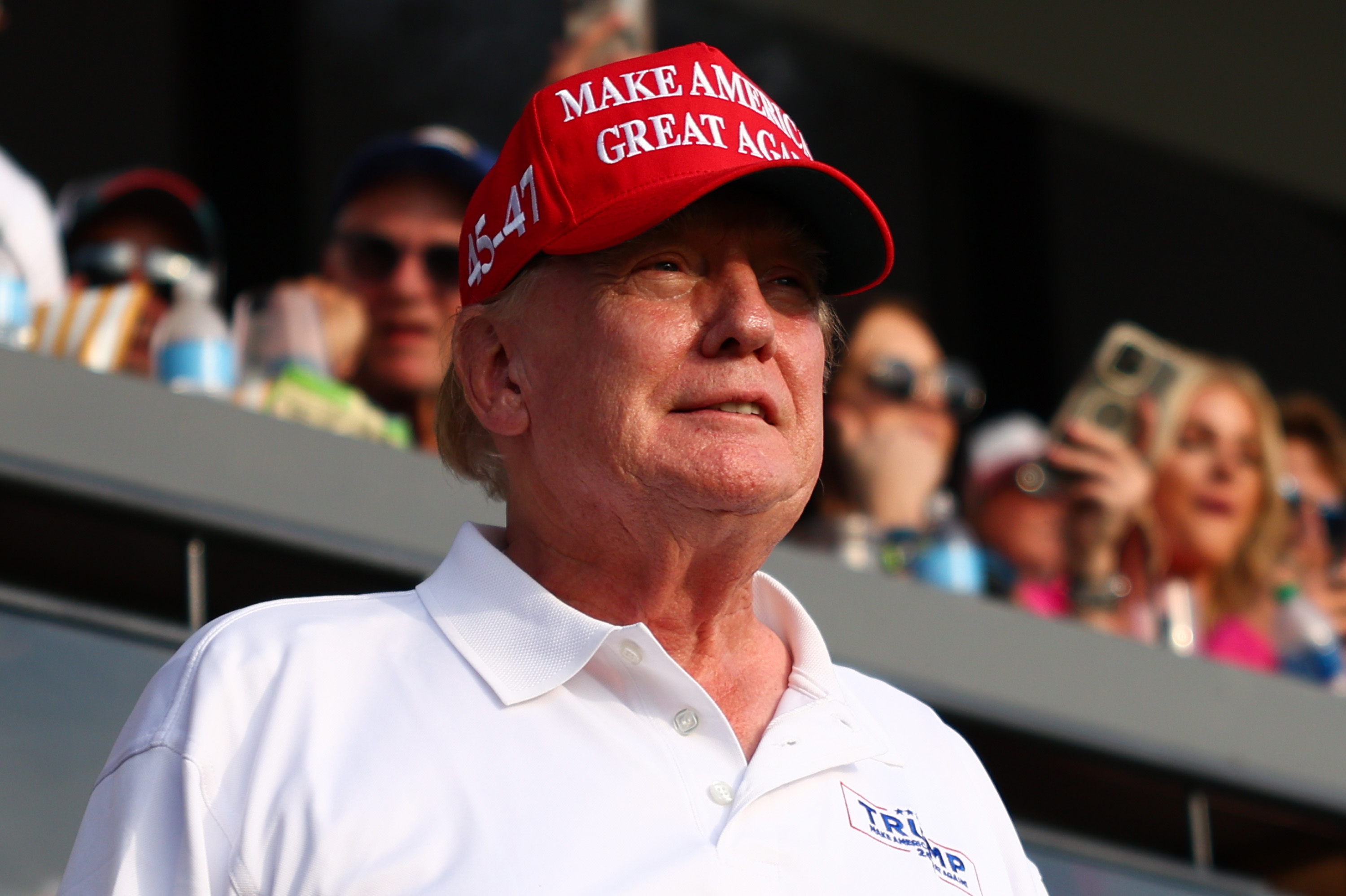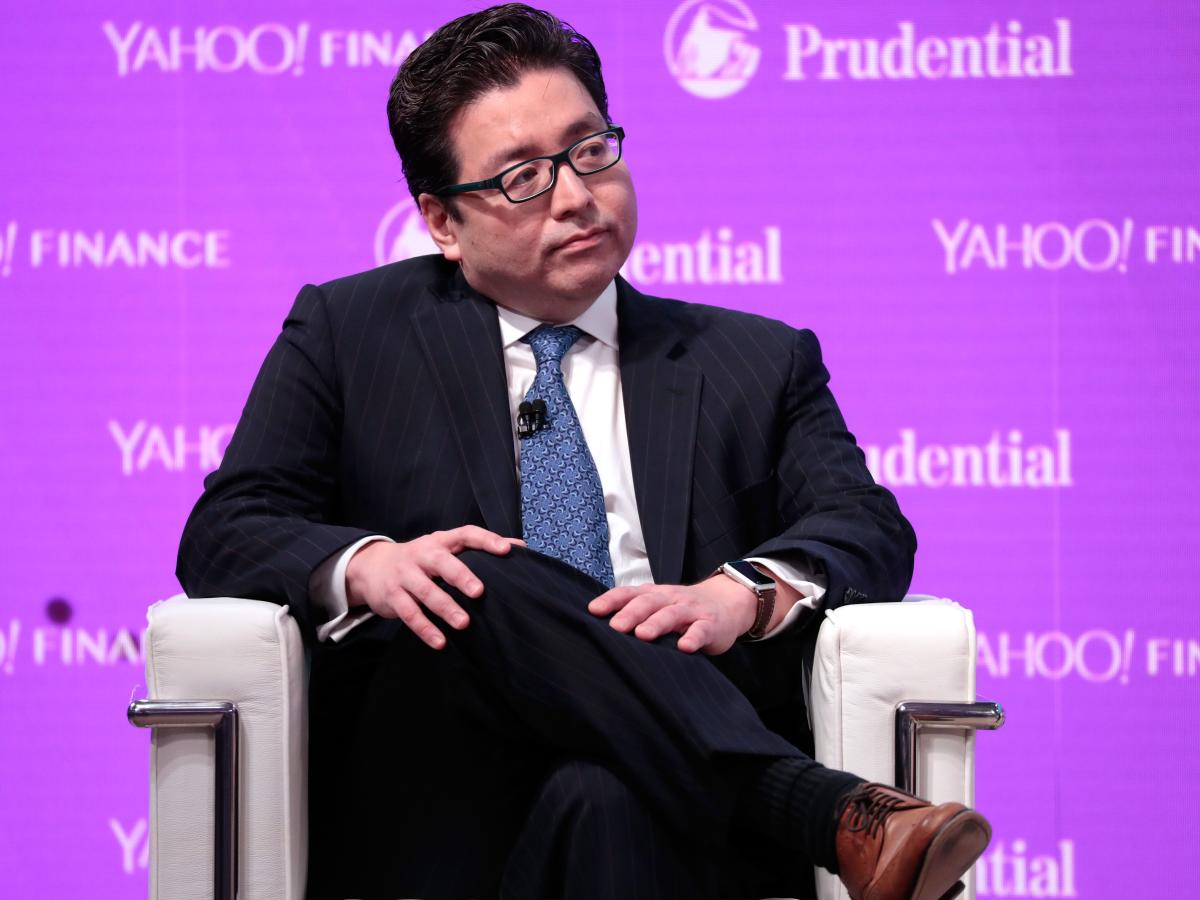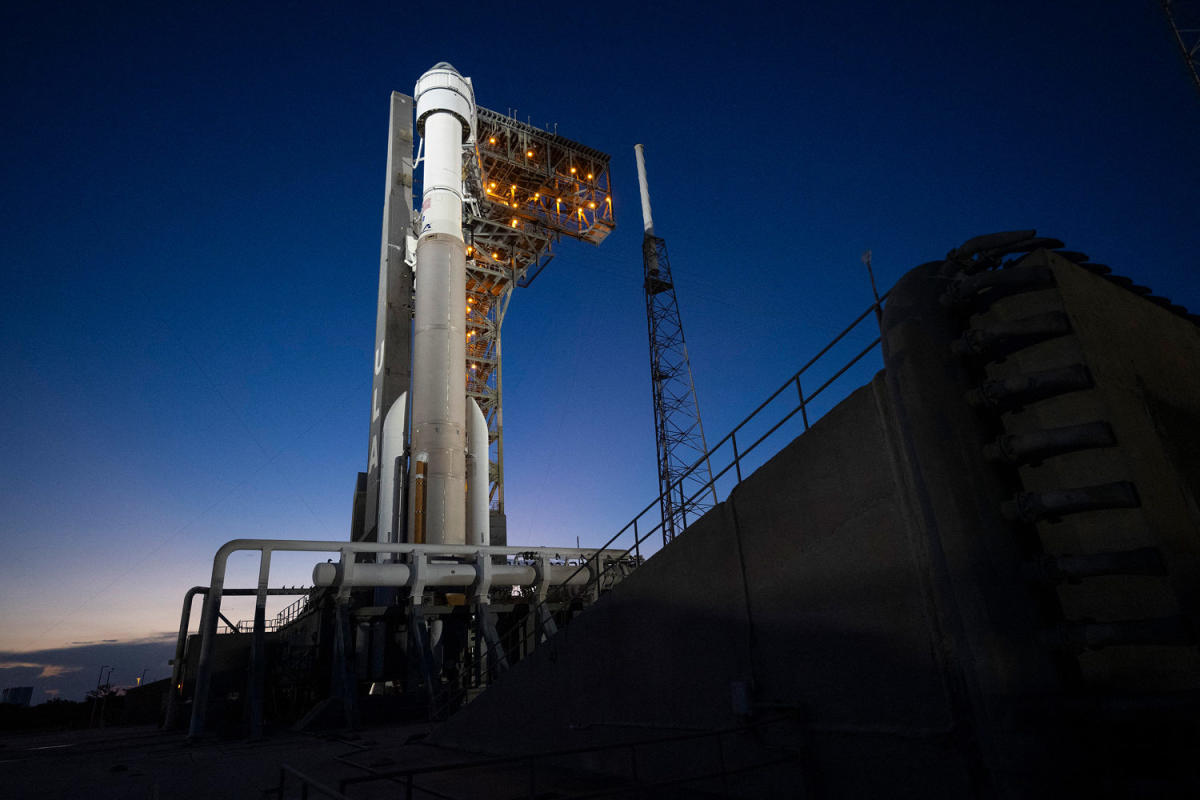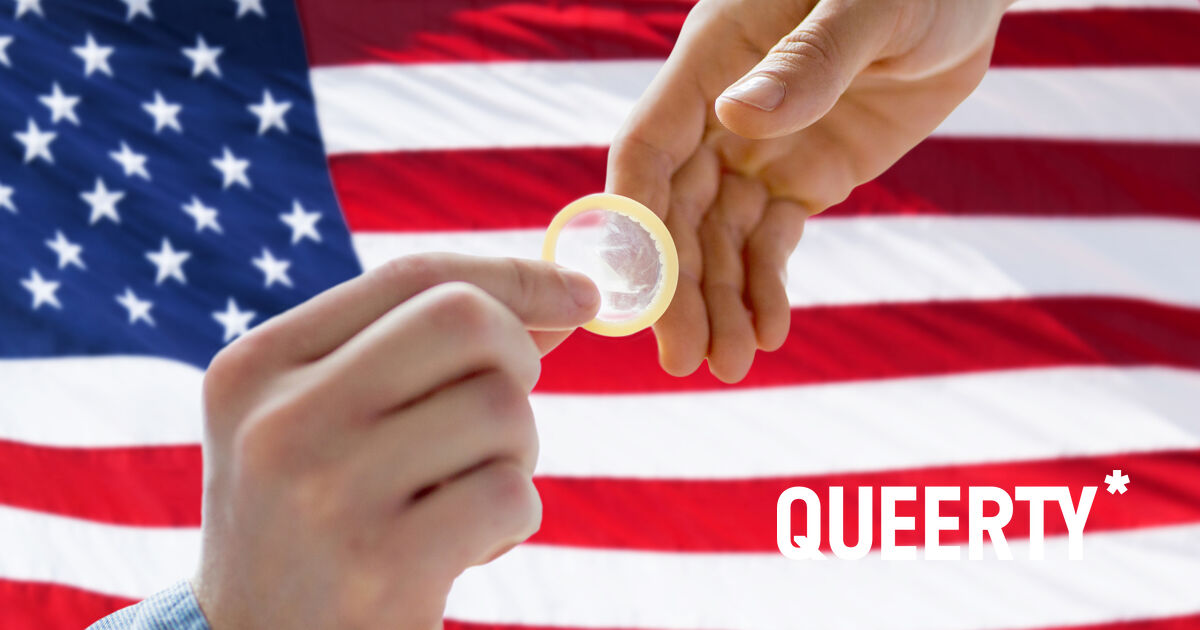Special Counsel Jack Smith’s most important Supreme Court argument is that Donald Trump should be tried for election fraud regardless of presidential immunity, a former prosecutor has said.
Joyce Vance was reacting to Smith’s brief to the Supreme Court on Monday, in which he wrote that even if a former president “has some immunity from federal criminal prosecution…, this prosecution should proceed.”
“This may be the most critical piece: Smith tells the Court: ‘even if you think there might need to be some immunity for a president, it’s not this case. Let this one go to trial'”, Vance wrote on X, formerly Twitter.
In his argument, Smith wrote that “even assuming that a former President is entitled to some immunity for official acts, that immunity should not be held to bar this prosecution.”
Megan Briggs/Getty Images
“First, a President’s alleged criminal scheme to overturn an election and thwart the peaceful transfer of power to his lawfully elected successor is the paradigmatic example of conduct that should not be immunized, even if other conduct should be,” Smith wrote.
“Second, at the core of the charged conspiracies is a private scheme with private actors to achieve a private end: petitioner’s effort to remain in power by fraud.”
He added: “Those allegations of private misconduct are more than sufficient to support the indictment.”
Smith is leading the federal prosecution of the former president, who’s charged with unlawfully attempting to overturn his loss to President Joe Biden in the 2020 election.
Newsweek sought email comment from Trump’s attorney on Tuesday.
Smith last year charged Trump with conspiracy to defraud the United States, conspiracy to obstruct an official proceeding, obstruction of and attempt to obstruct an official proceeding, and conspiracy against rights in connection to the investigation. The charges were over the riots at the U.S. Capitol on January 6, 2021, and the alleged plot to submit false slates of pro-Trump electors to the Electoral College.
Trump, the presumptive Republican candidate in the 2024 presidential election, maintains his innocence and has pleaded not guilty to all charges, accusing prosecutors of targeting him for political purposes.
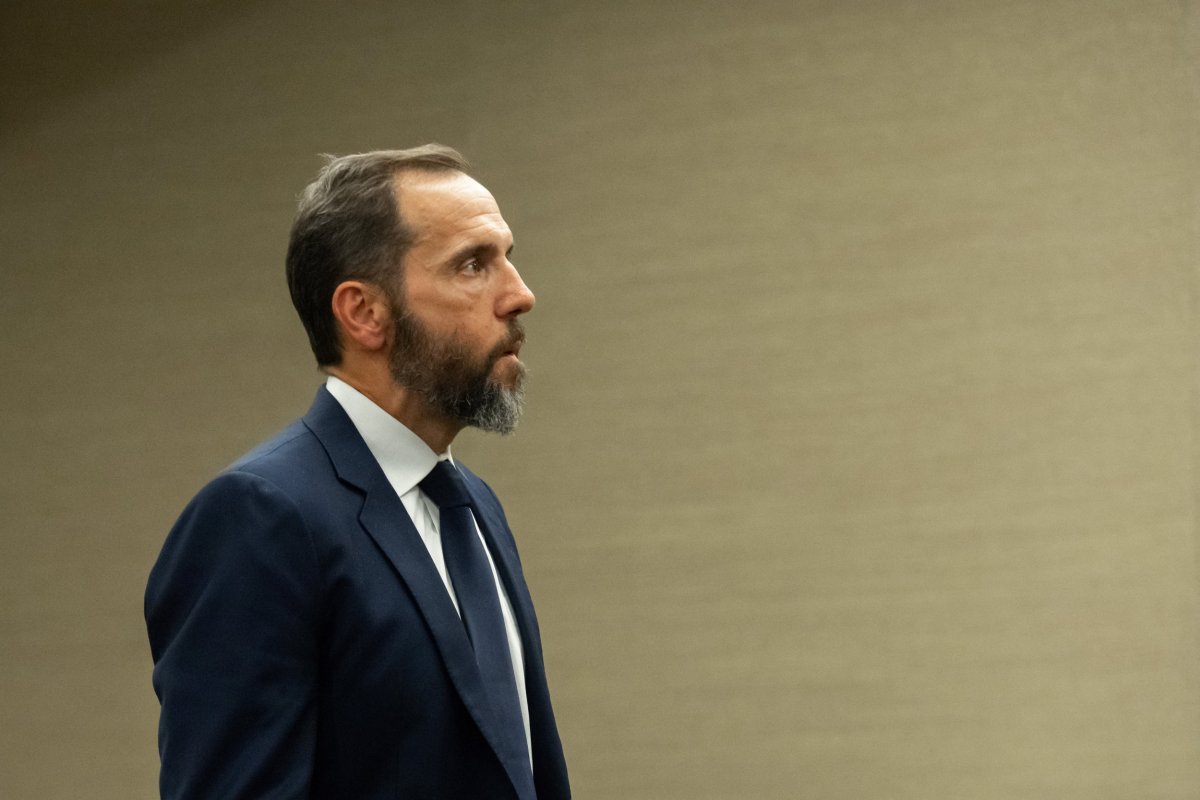
Saul Loeb/Getty Images
The case is set to appear before the Supreme Court on April 25, as Trump presses to have the indictment dismissed on claims that he’s shielded from facing criminal charges for actions he took while serving in the White House.
Trump’s presidential immunity claims have already been turned down by lower courts— first by U.S. District Judge Tanya Chutkan in December and again by the U.S. Court of Appeals for the District of Columbia in February. But the nation’s high court later in February agreed to take up the case, writing in a one-page order that it sets out to answer “to what extent does a former President enjoy presidential immunity from criminal prosecution for conduct alleged to involve official acts.”
Smith wrote in his Supreme Court brief that Trump’s attempts to overturn the presidential election result “frustrates core constitutional provisions that protect democracy.”
“These provisions include the term-of-office clause; the provision for electing Presidents and the installation-of-successor provision in the 20th Amendment.”
Smith wrote that the Supreme Court merely has to find that presidential immunity does not apply in this specific case, without making a wider determination on presidential immunity.
“A holding that petitioner has no immunity from the alleged crimes would suffice to resolve this case, leaving potentially more difficult questions that might arise on different facts for decision if they are ever presented.”
The filing adds: “No valid claim of blanket immunity should attach to a non-immune conspiracy committed with private actors through private conduct to obtain a private end simply because a former President also used official powers to further the conspiracy.”
Smith was joined in his filing by attorneys J.P. Cooney and James Pearce, both lawyers in his office.
Uncommon Knowledge
Newsweek is committed to challenging conventional wisdom and finding connections in the search for common ground.
Newsweek is committed to challenging conventional wisdom and finding connections in the search for common ground.

Amanda Smith is a dedicated U.S. correspondent with a passion for uncovering the stories that shape the nation. With a background in political science, she provides in-depth analysis and insightful commentary on domestic affairs, ensuring readers are well-informed about the latest developments across the United States.

